CRN Exclusive: HP's Whitman On Dell, Taxes And Windows 8
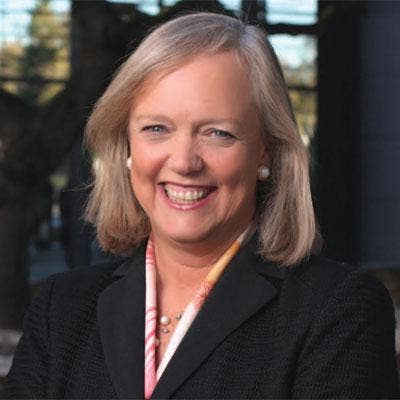
Whitman Picks Up The Pace
HP CEO Meg Whitman spoke with CRN Thursday about the market-share battle with rival Dell, the grilling that Apple CEO Tim Cook took in Washington regarding taxes, Windows 8 and a possible resurgence in the PC market.
The interview with the indefatigable Whitman came after HP posted better-than-expected earnings for its second fiscal quarter, with the $120 billion computer giant generating a whopping $3.6 billion in cash flow from operations, sending HP shares up 14 percent in early trading Thursday to $24.19.
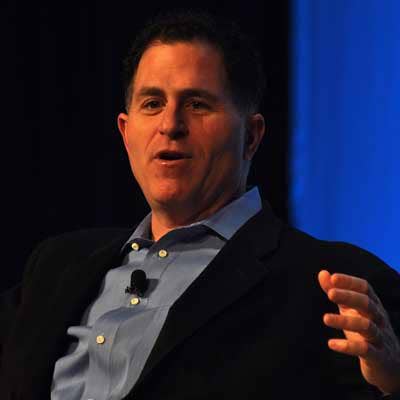
What is the message to the channel on how aggressive HP is going to get with regard to industry-standard server pricing versus Dell?
We'll see what they do next. They will now shortly be a private company and they are going to have a lot of debt on their company and you, of course, know that the way LBOs [leveraged buyouts] work is the faster you can pay off the debt, the more money you make. Trust me, Michael [Dell] will end up owning 75 percent of this company and he is interested in making money.
It will be fascinating to see whether they continue this level of pricing aggressiveness. Listen, we want to be aggressive. But we also can't crater our earnings. So the issue here is we have got to have the right products for the right market segment configured appropriately.
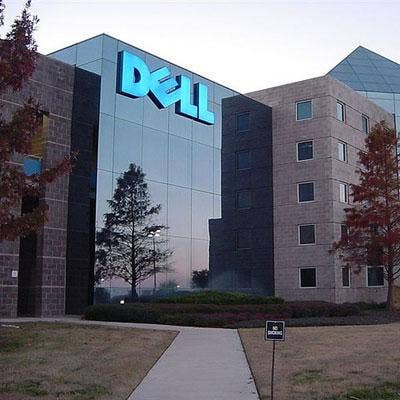
When you look at the Dell leveraged buyout, what will be the business impact on Dell?
What I can say about LBOs -- and I have watched and been involved in a number of LBOs -- is you substitute one master for another. The master that we have to some degree is the Street. We get judged every quarter. The master in an LBO is the debt market. And sometimes the debt market is a lot more unfriendly than the Street because you have got to pay off that debt. You have got to meet your debt service obligations. That can be a little tricky.
And then you have got to worry about [employee] retention. You can pay to retain the very top people. The good news is everyone at HP has a stake in HP's future. In an LBO that is not the case -- usually it is the top 20 or 30 people. I think it creates uncertainty, as these LBOs always do. I think you are just substituting one master for another, and don't underestimate the draconian nature of the debt master.
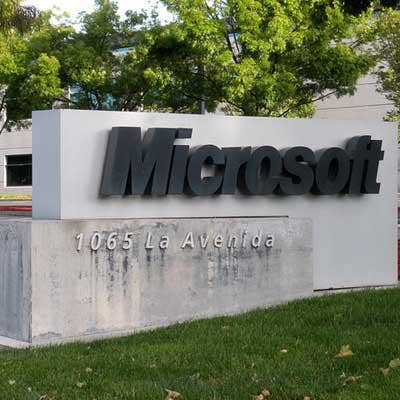
Does the $2 billion loan that Microsoft is providing Dell as part of the leveraged buyout give Dell an advantage against HP?
No, we don't think so. That didn't bother me. If we were going private, they'd give us a loan. I think they are just trying to keep their ecosystem healthy, and they need Dell to do well just like they need us to do well. They need Lenovo to do well. They need everyone to do well because if you look at the market share of Windows OS versus Android, [Microsoft and Windows] has lost 40 points of market share in two years. It is really frightening.
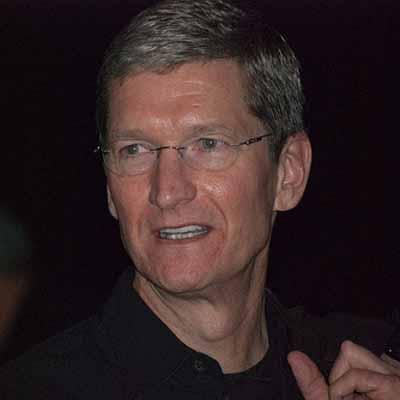
Do you think Apple CEO Tim Cook was unfairly singled out, being brought before Congress and being questioned on the taxes that Apple pays?
Having spent a bit of time in politics, as you know, they [Congress] may want to make an example of a company, and I think it is unfair that they chose Apple. Every big company in America has done what they have done -- which is within the letter of the law -- to benefit our shareholders and customers and make sure that we have the lowest possible tax rate. That lets us price our products competitively. So I think it was unfair that he got singled out. But having been in politics, I completely know why.

Are HP, Apple and their technology companies paying enough taxes here?
Well, my view is we are completely abiding by the letter of the law and we are paying enough in taxes. I think the broader question is: How does our tax rate compare to other countries? That is what we must [look at] as a country. We have to be competitive. So if the tax rate is 9 percent in Ireland and 7 percent in Singapore -- and I am not sure those are the exact numbers -- we as Americans need to consider that as we think about what a more consistent, simplified tax rate ought to be for companies.
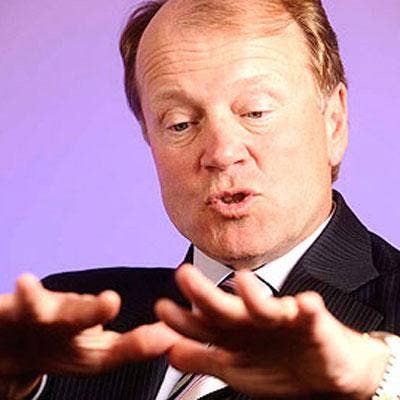
What are your thoughts on the tax situation and the ability to bring funds back to the U.S.?
I line up right directly with Tim Cook and [Cisco CEO] John Chambers on this issue. I'd make two points: One is the tax law in the United States needs to be simplified so that every company isn't turning themselves into a pretzel to appropriately minimize their tax rate in a completely legal way. And those rates have to be competitive with other countries because, if they are not, companies are going to be incentivized to do business in other countries.
The ability to bring cash back at a competitive tax rate is important because if we could do that, as Tim articulated and John Chambers [has articulated], we would be investing in America. That is a good thing. I hope that Congress is going to get their act together here.
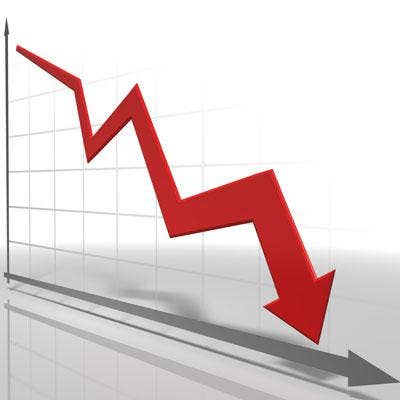
Could some of the lack of sales in PCs been as a result of Windows 8?
On the consumer side, perhaps. For retail stores, that could be part of it. The press around Windows 8, shall we say, was not perfect and the experience is confusing. There is no question about it.
I don't see that as an issue in the enterprise. Our experience is the enterprise and medium businesses and even small businesses, they are probably going to go Windows 7. We don't see a big demand for Windows 8 in business.
So my view is this XP upgrade cycle is all going to go to Windows 7, very little of it is going to go to Windows 8.
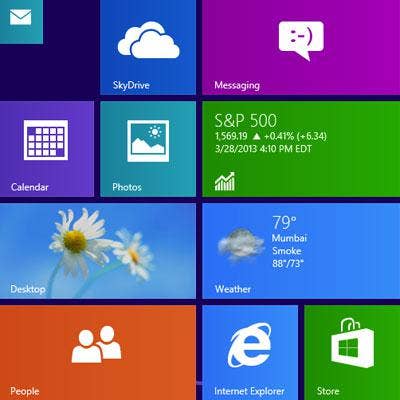
What impact do you expect Windows Blue to have in the market?
I am quite hopeful about Windows Blue, which is what they are calling Windows 8.1. It gets released in August to be put onto devices that will ship in September. Listen, I think they are making the Start button more discoverable; you can go back to the desktop mode that we all are familiar with in a much easier fashion and a sustainable fashion.
Today on Windows 8 if you put it as the desktop mode, every time you [turn off] your computer you have to go back again. So they are going to allow you to permanently have a desktop mode if that is what you want. So I think they heard the feedback.
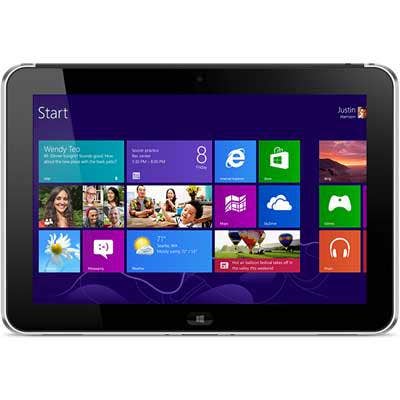
What are the partner benefits of HP's multi-OS, multichip strategy?
It is definitely a multi-OS, multi-architecture, multi-form-factor world. And for some opportunities partners are going to need an Android device running an ARM chipset because you can't hit that price point if you are running Wintel.
So that is why we have got a set of devices designed for different market segments. If you have got people who are running Windows Apps that need network compatibility to Windows and you want a tablet, you want our ElitePad 900 (pictured). But if you are a sales guy that doesn't need network compatibility to Windows or you are a service technician, you should be just as happy with a Slate 7 that costs $169, which will save your company a lot of money. So that is the overall strategy and I think the partners will begin to benefit from this broader range of devices that are designed to hit different price points.
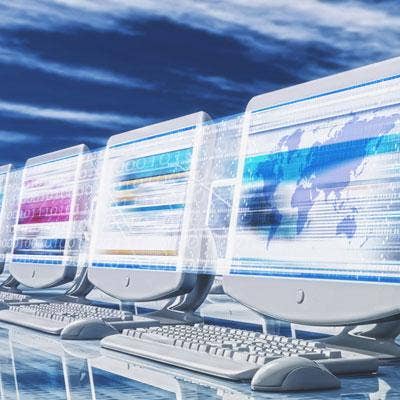
Where do you see the channel falling down with regard to sales performance?
Well, we would like to see the partners not give up hope by any stretch of the imagination on PCs because I don't actually think PCs are dead. I think you are going to start to see a slowdown in the [PC unit] decline. Remember, there are 140 million PCs out there that are older than four years and people may have brought in tablets in the interim but eventually they are going to replace that device. I mean, it may have bread crumbs and yogurt in it, but they are going to replace that device.
The other opportunity we have is Windows XP upgrades. Remember, 40 percent of businesses are still running Windows XP. They are either going to upgrade their hardware and their software or they may just upgrade their software, but there is going to be an upgrade cycle that the partners can participate in.
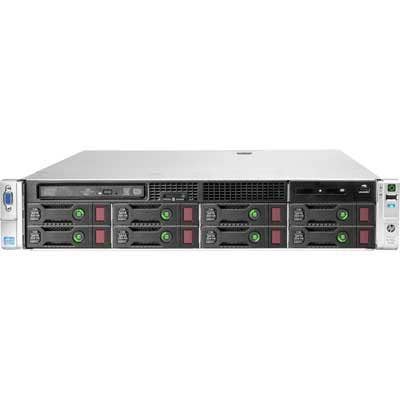
What are some other big opportunities for partners?
We have now got a very compelling line of 1u, 2u, 4u blades and we really want the partners to aggressively sell those units. Where there is a big opportunity for partners, I think, is still networking and storage. We have got a lot of partners who have made a lot of money now on 3Par midtier storage. I have seen more interest in HP Networking in the last six months than I saw in all of the previous year.
And then here is the hot topic: software. We had our partner advisory board last weekend here and everyone wanted to know how they could get involved with Vertica, Autonomy, ArcSight, TippingPoint, Fortify and the IT performance management suite.
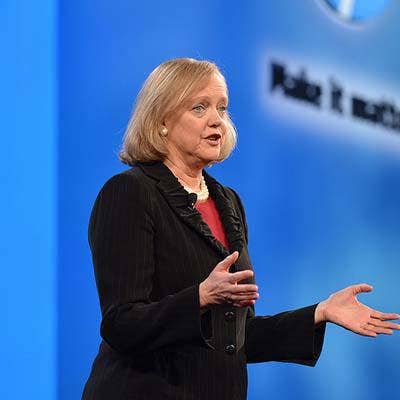
What about the 700 joint business plans that HP has completed with partners?
At the Global Partner Conference I said that we really wanted to have a joint business plan with every partner. We are going to start with those that were at the Global Partner Conference. What this is is classic business planning. 'Mr. Partner, what are your objectives? What are you trying to accomplish? Where are you trying to grow?' Where is our innovation? Where do we think we can give you a differentiated offering that will change your position in the marketplace? And then let's build a plan together. And let's build a multiyear plan.
That is why we have embarked on a very deliberate business planning process. I think it may be the most deliberate in HP's history. Anyway, we got away from it for a while. So now we are back at it.

What about the sales growth rates partners are projecting in the business plans?
I can't really give you an answer to that because it is very unique to each partner and to their market. There are some very aggressive plans -- 10, 15, 20, 40 percent -- and then there are some that are more modest. You know 1 percent, 5 percent. My view is that we have got to do what is right for each and every partner. And we'll build on that success.
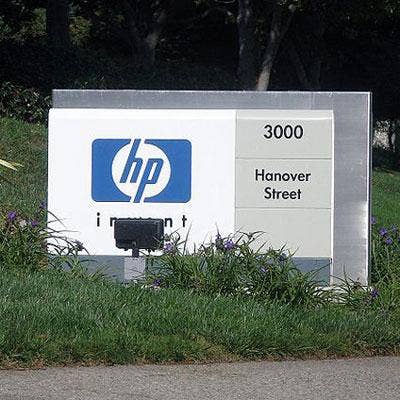
Is there a message being sent that HP is a partner-first organization?
I have been really clear on this. I said at the GPC [Global Partner Conference] that we are out of the business of taking partner deals direct. What I have said is, if we have a direct customer that we have had for a long time, if there is a way a partner can be helpful to us and helpful to the customer, then we want to involve the partner. So it is not a hard and fast rule. But if there is an opportunity that makes it better for the end-user customer, then let's bring a partner in.